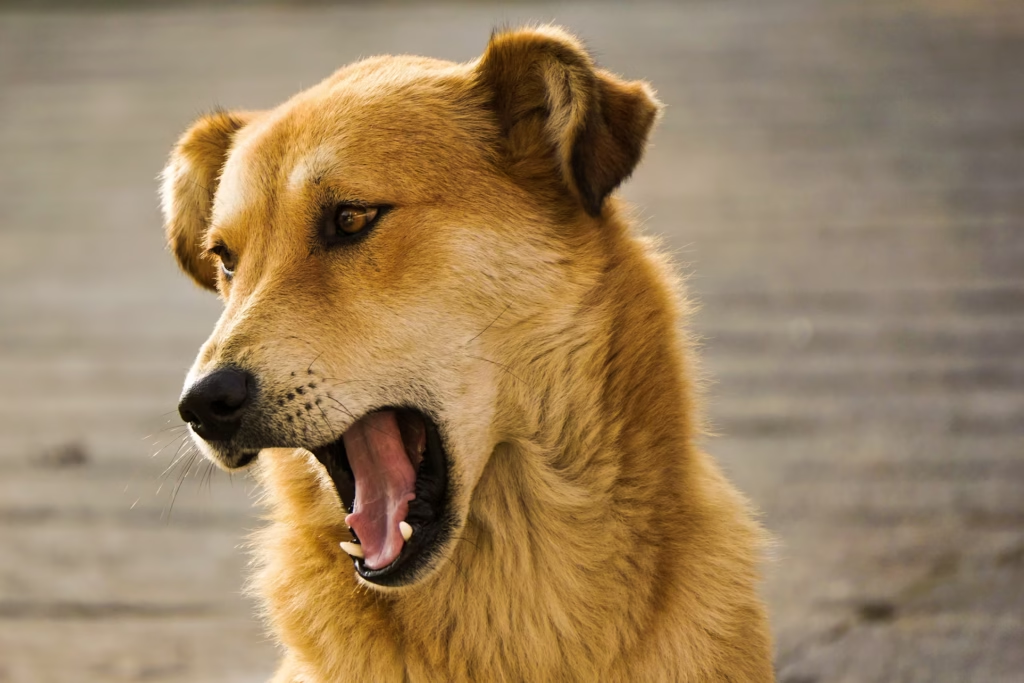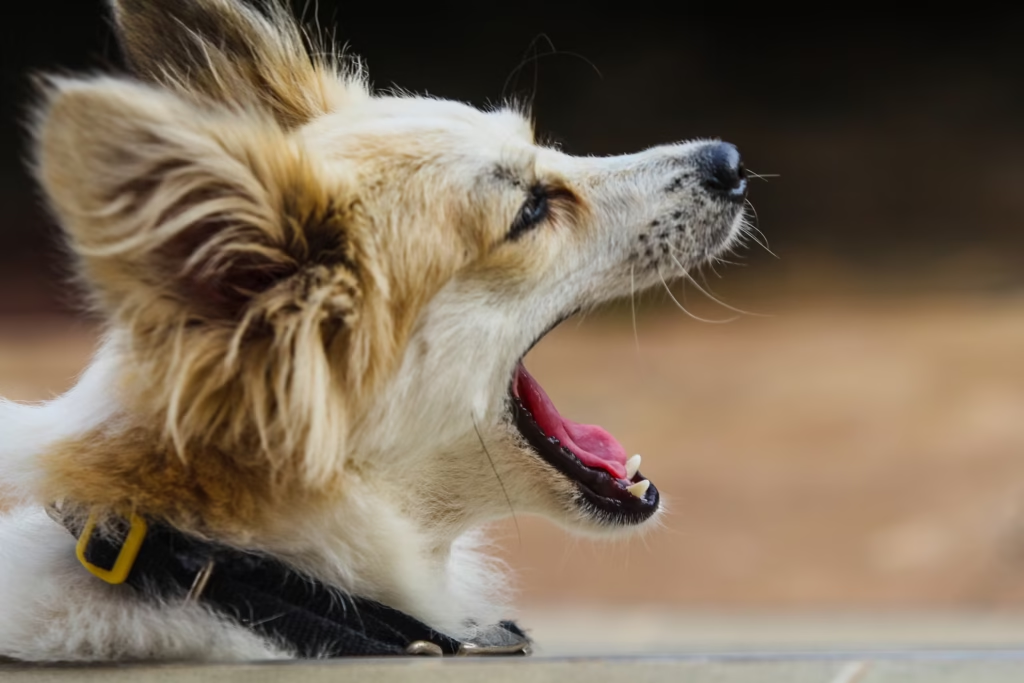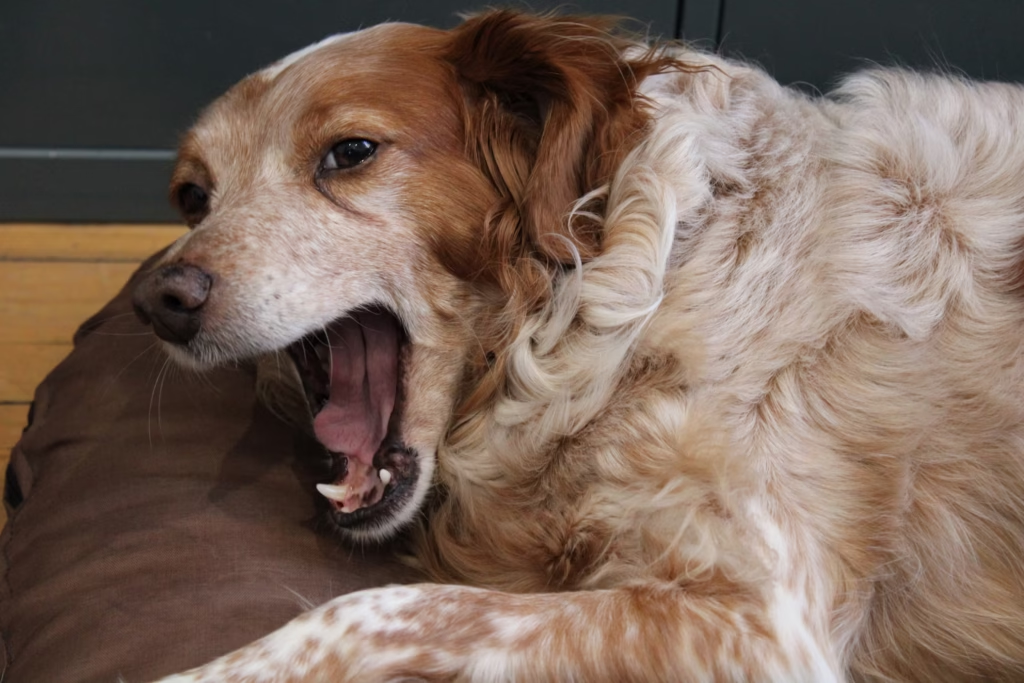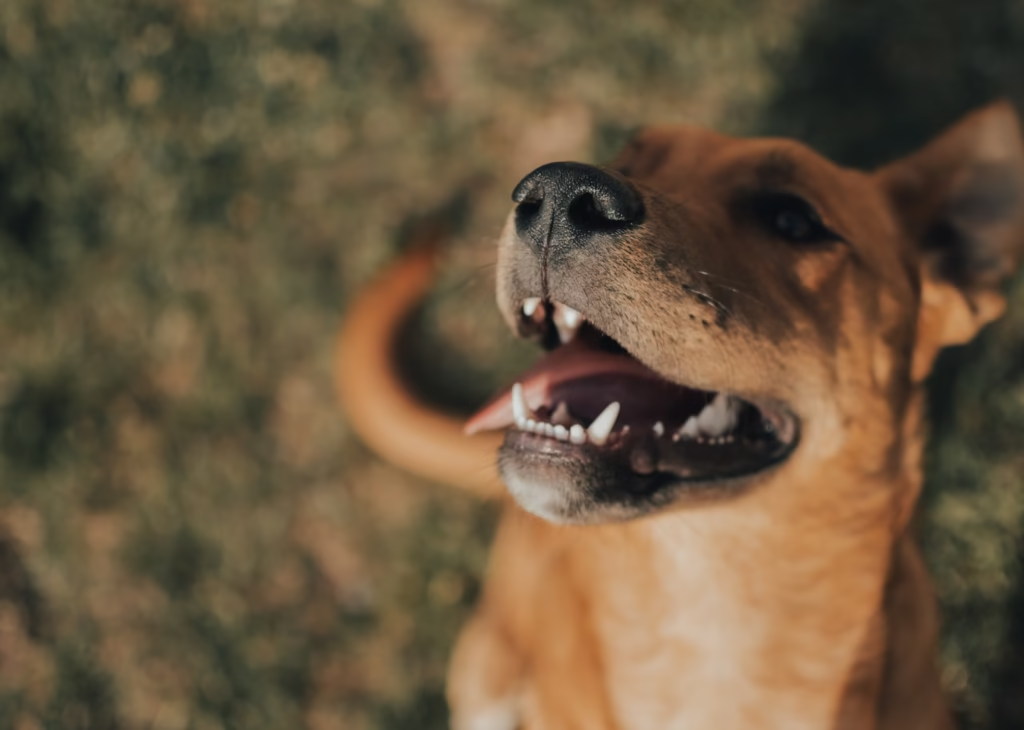How to Stop Dog Hiccups: 7 Quick, Safe Ways (Vet-Approved) 🐶💨

Hiccups in dogs can be both adorable and concerning—those little hic-hic sounds might make you giggle, but as a pet parent, you’re probably wondering, “Why does my puppy have hiccups?” or “How can I help my furry friend feel better?” Don’t worry! In this ultra-detailed, vet-approved guide, we’ll dive deep into how to stop dog hiccups using seven safe, effective methods. We’ll also explore why hiccups happen, answer common questions like “Why does my puppy keep getting hiccups?” and share pro tips to keep your pup happy and hiccup-free. Let’s get started! 🐾
Table of Contents
What Are Dog Hiccups, and Why Do They Happen? 🤔
Before we jump into how to stop dog hiccups, let’s understand what’s going on. Hiccups are involuntary contractions of the diaphragm, the muscle that helps your dog breathe. When the diaphragm spasms, it causes a sudden intake of air, which results in that classic hic sound. While hiccups are usually harmless, they can be uncomfortable for your pup.
Common Causes of Dog Hiccups
Here’s why your dog might be hiccuping:
- Excitement or Overstimulation 🎉: Puppies, especially, get hiccups when they’re overly excited, like during playtime or after meeting new friends.
- Eating or Drinking Too Fast 🍽️: Gulping down food or water can trap air in the stomach, triggering hiccups.
- Stress or Anxiety 😟: Changes in environment or loud noises can cause stress-induced hiccups.
- Cold Weather ❄️: A sudden chill can make your pup’s diaphragm contract.
- Digestive Issues 🥄: Eating something irritating or having an upset tummy can lead to hiccups.
- Puppies Are More Prone 🍼: Why does my puppy keep getting hiccups? Puppies have developing nervous systems, making them more susceptible to diaphragm spasms.
Vet Insight: Dr. Emily Carter, a veterinarian with 15 years of experience, explains, “Hiccups in dogs are often benign and resolve on their own. However, frequent or prolonged hiccups could signal an underlying issue, so it’s worth monitoring.”
Are Dog Hiccups Dangerous? 🚨

Most hiccups are harmless and stop within a few minutes. However, if your dog’s hiccups last more than an hour, are accompanied by vomiting, difficulty breathing, or lethargy, it’s time to call your vet. These could indicate:
- Gastrointestinal issues
- Respiratory problems
- Foreign objects in the stomach
Pro Tip: Keep a hiccup journal! 🗒️ Note when hiccups occur, how long they last, and what your dog was doing beforehand. This can help your vet identify patterns if the issue persists.
Now, let’s get to the good stuff: how to stop dog hiccups with seven vet-approved methods that are quick, safe, and effective! 🐕
7 Vet-Approved Ways to Stop Dog Hiccups Fast 🛠️
1. Offer a Small Drink of Water 💧
A gentle sip of water can help reset your dog’s diaphragm and stop hiccups. The act of swallowing can relax the diaphragm muscle and ease spasms.
How to Do It:
- Fill a shallow bowl with fresh, room-temperature water.
- Encourage your dog to take small, slow sips. Avoid letting them gulp, as this can worsen hiccups.
- If your pup isn’t interested, try offering a few drops from a clean syringe (needle-free, of course!).
Why It Works: Swallowing water stimulates the vagus nerve, which helps regulate diaphragm movements.
Vet Tip: “Ensure the water isn’t too cold, as icy water can shock the system and prolong hiccups,” says Dr. Carter.
2. Try a Gentle Belly Rub 👐
A soothing belly rub can relax your dog and ease diaphragm spasms. Plus, who doesn’t love a good tummy tickle? 😄
How to Do It:
- Lay your dog on their back or side in a comfortable position.
- Use slow, circular motions to massage their belly for 1–2 minutes.
- Speak in a calm, soothing voice to keep them relaxed.
Why It Works: Gentle pressure on the abdomen can help release trapped air and calm the diaphragm.
Pro Tip: If your dog is sensitive to belly rubs, try stroking their chest or back instead to achieve a similar calming effect.
3. Distract with Playtime or a Toy 🧸

Sometimes, hiccups are triggered by excitement or overstimulation. Distracting your pup with a favorite toy or a short play session can shift their focus and stop the hiccups.
How to Do It:
- Grab a squeaky toy, ball, or rope—whatever your dog loves!
- Engage them in light play for 2–3 minutes. Avoid high-energy activities like chasing, as these can make hiccups worse.
- For puppies, try a chew toy to keep them occupied.
Why It Works: Changing your dog’s breathing pattern through play can interrupt the hiccup cycle.
Vet Insight: “Distraction works best for puppies, as their hiccups are often linked to excitement,” notes Dr. Carter. Why does my puppy have hiccups? This method is perfect for those bursts of puppy energy!
4. Feed a Small, Bland Snack 🍎
A small, easy-to-digest snack can help settle your dog’s stomach and stop hiccups, especially if they’re caused by eating too fast or mild digestive upset.
How to Do It:
- Offer a tiny piece of plain, cooked chicken, a small slice of apple (no seeds!), or a teaspoon of plain yogurt.
- Ensure the snack is small to avoid overfeeding.
- Wait 5–10 minutes to see if the hiccups subside.
Why It Works: A small snack can stimulate digestion and relax the diaphragm.
Caution: Avoid rich or fatty foods, as these can upset your dog’s stomach. Always check with your vet if your dog has dietary restrictions.
5. Adjust Their Breathing with a Calm Hold 🤗
Helping your dog regulate their breathing can stop hiccups by calming the diaphragm. This method works best for small dogs or puppies.
How to Do It:
- Gently pick up your dog and hold them close to your chest.
- Rock them slowly while speaking in a soft, reassuring tone.
- Encourage slow, deep breaths by syncing your breathing with theirs.
Why It Works: This mimics the calming effect of being held as a puppy, slowing their heart rate and relaxing the diaphragm.
Pro Tip: If your dog is too big to hold, try sitting next to them and placing a hand on their chest to guide their breathing.
6. Use a Light Chest Tap 🥁
A gentle tap on your dog’s chest can stimulate the diaphragm and stop hiccups. This method should be done carefully to avoid startling your pup.
How to Do It:
- Locate the center of your dog’s chest, just below the ribcage.
- Use your fingertips to lightly tap 3–5 times, pausing between each tap.
- Monitor your dog’s reaction and stop if they seem uncomfortable.
Why It Works: The tapping motion can interrupt the diaphragm’s spasm cycle.
Vet Tip: “This method is safe but should be done with minimal force. If you’re unsure, consult your vet first,” advises Dr. Carter.
7. Wait It Out with a Calm Environment 🧘♂️

Sometimes, the best way to stop dog hiccups is to do nothing at all! Creating a calm, quiet environment can help your dog relax and let the hiccups pass naturally.
How to Do It:
- Move your dog to a quiet room away from loud noises or distractions.
- Dim the lights and play soft music if your dog enjoys it.
- Sit with them and offer gentle pets to keep them calm.
Why It Works: Reducing stimulation allows your dog’s body to reset and stop the hiccups on its own.
Pro Tip: Use a cozy blanket or your dog’s favorite bed to make them feel extra secure.
Why Does My Puppy Keep Getting Hiccups? 🐕🦺
Puppies are hiccup magnets, and there’s a reason for that! Their nervous systems and diaphragms are still developing, making them more prone to spasms. Common triggers include:
- Rapid Growth: Puppies’ bodies are changing fast, which can affect their diaphragm.
- Overexcitement: Zoomies and playtime can lead to hiccups.
- Eating Habits: Puppies often eat or drink too quickly, trapping air in their stomachs.
Vet Insight: “Puppy hiccups are usually normal, but if they’re frequent or last longer than 30 minutes, consult your vet to rule out underlying issues,” says Dr. Carter.
How to Prevent Puppy Hiccups
- Slow Down Mealtime: Use a slow-feeder bowl to prevent gulping.
- Limit Excitement: Break up playtime with short rest periods.
- Keep Them Warm: Dress your puppy in a sweater during cold weather to prevent diaphragm spasms.
When to Call the Vet 📞
While most hiccups are harmless, certain signs warrant a vet visit:
- Hiccups lasting more than an hour
- Hiccups accompanied by coughing, vomiting, or lethargy
- Frequent hiccups (multiple times a day or week)
- Difficulty breathing or distress
Vet Tip: “If you notice any of these signs, don’t wait. A quick check-up can rule out serious conditions like respiratory infections or gastrointestinal blockages,” says Dr. Carter.
Fun Facts About Dog Hiccups 🐶✨

To keep things light, here are some fun tidbits about dog hiccups:
- Puppies Hiccup in the Womb! Did you know unborn puppies can get hiccups? It’s a sign their diaphragm is developing.
- Reverse Hiccups Exist: Some dogs have “reverse hiccups,” where they make a snorting sound instead of a hic.
- Hiccups Are Universal: Dogs, cats, and even humans share the same hiccup mechanism!
Frequently Asked Questions (FAQs) ❓
Q: Why does my puppy have hiccups after eating?
A: Eating too quickly can trap air in the stomach, triggering hiccups. Try a slow-feeder bowl and smaller portions to prevent this.
Q: Can stress cause dog hiccups?
A: Yes! Loud noises, new environments, or separation anxiety can lead to hiccups. Create a calm space to help your dog relax.
Q: Are hiccups painful for dogs?
A: Hiccups are usually not painful but can be uncomfortable. If your dog seems distressed, try one of the methods above or consult your vet.
Wrapping It Up: Keep Your Pup Hiccup-Free! 🎉
Dog hiccups might seem like a quirky quirk, but with these seven vet-approved methods, you’re well-equipped to stop them in their tracks. Whether it’s a soothing belly rub, a sip of water, or a calming cuddle, you can help your furry friend feel better in no time. And now that you know the answer to “Why does my puppy keep getting hiccups?” you can take steps to prevent them, too!
Remember to monitor your dog’s hiccups and reach out to your vet if anything seems off. With a little love and care, your pup will be back to their tail-wagging, hiccup-free self in no time. 🐾
Have a hiccup tip that works for your dog? Share it with us in the comments below! Let’s keep the pet parent community thriving. 💖
Sources & References:
- Dr. Emily Carter, DVM, Veterinary Consultant
- American Kennel Club (AKC): Understanding Dog Hiccups
- Veterinary Medical Association: Canine Respiratory Health
Disclaimer: Always consult your veterinarian before trying new remedies for your dog. This article is for informational purposes only and does not replace professional veterinary advice.
